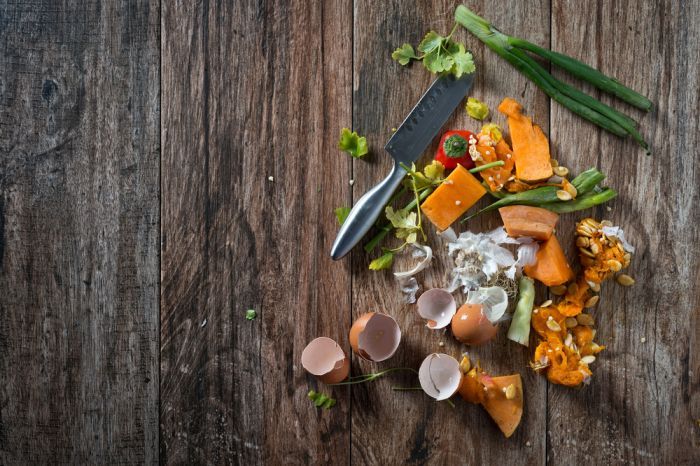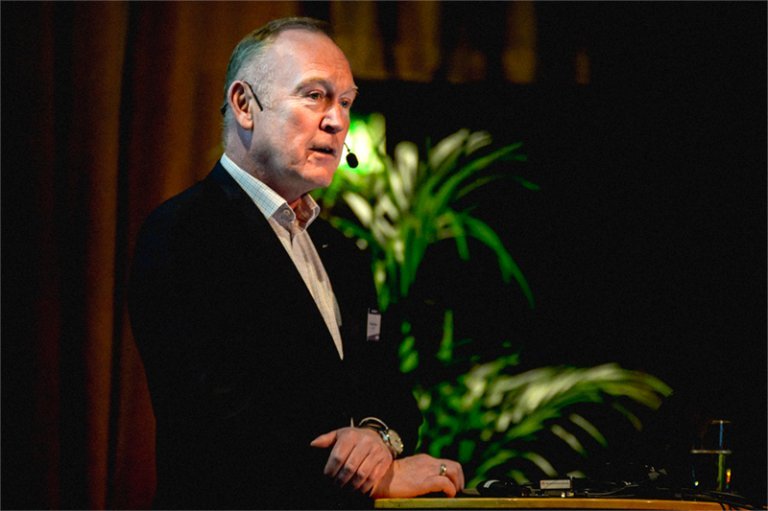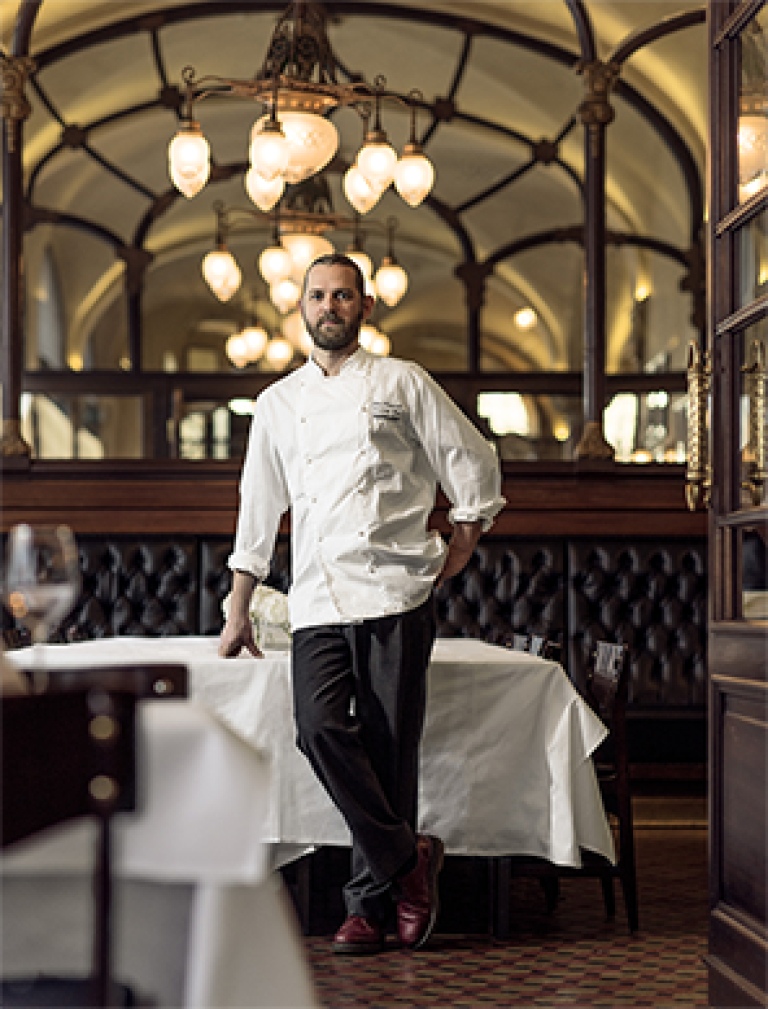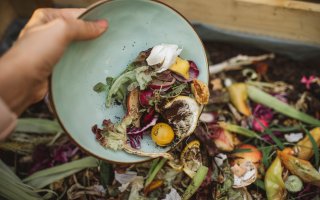Reducing Food Waste from North to South
Sustainability and food waste are in the spotlight, and an increasing number of major purchasing chains in the institutional market are asking the same question; "How can we limit waste and operate more sustainably?"

The purchasing organization Nores has taken significant steps in recent years to help its members shop more sustainably, and one of the steps is closer collaboration with Millum. CEO of Nores, Pål Semb-Johansson, shares the initiatives they have launched to spread both engagement and knowledge to their members.

First and foremost, it's about everyone making clear and good decisions already in the planning of purchases. Through the use of the purchasing tool Millum Procurement, which we call Buy at Nores, all our members can use tools that assist both in purchase planning, menu development, and provide better inventory overview. For Nores, it's important that our members consider the environment and food waste in purchasing, preparation, and serving of food. CEO at NoresPål Semb-Johansson
Social Responsibility for Members
Nores has around 1,000 member companies across Norway and Sweden, so Semb-Johansson and the administration take the responsibility seriously.
It's very important that we, as a purchasing organization, actively work to spread knowledge to our members and make it easier for them to operate more sustainably. Through collaboration with Matvett and KuttMatsvinn2020, members gain access to tools that make their work of reducing food waste easier and more visible. Being part of a larger community working towards the same goals makes it easier to get started with the work in their own businesses as well.Pål Semb-Johansson
Hotel Continental Cracked the Code
Hotel Continental is a member of Nores and is highlighted as a good example of how a chef can make active decisions to reduce food waste. Head Chef Stig Drageide explains that before fully implementing Millum Procurement, a lot of food was wasted.

There was a lot of food ending up in the trash, both from food production and from guests' plates. Therefore, we felt we had to do something, and the solution became a combination of focusing on purchasing through Millum Procurement and membership in 'Kutt Matsvinn 2020'. Head Chef at the restaurant Theatercaféen, Hotel ContinentalStig Drageide
The results of the initiatives came quickly and were surprisingly good.
Now we have managed to reduce food waste from 135 grams per guest to 100 grams per guest, which corresponds to 35 kg for 1,000 guests. It's about making good decisions.Stig Drageide
Especially the ability to detail the quantity of ingredients needed for various recipes and menus that makes a difference. This is done in a module called Menubank.
It's an essential tool. There, we can input the number of portions to be prepared, get an overview of allergens, and receive a calculation and shopping list based on this. This means that we make far more accurate purchases for each dish. Altogether, this results in a significant reduction in both food waste and costs.Stig Drageide






